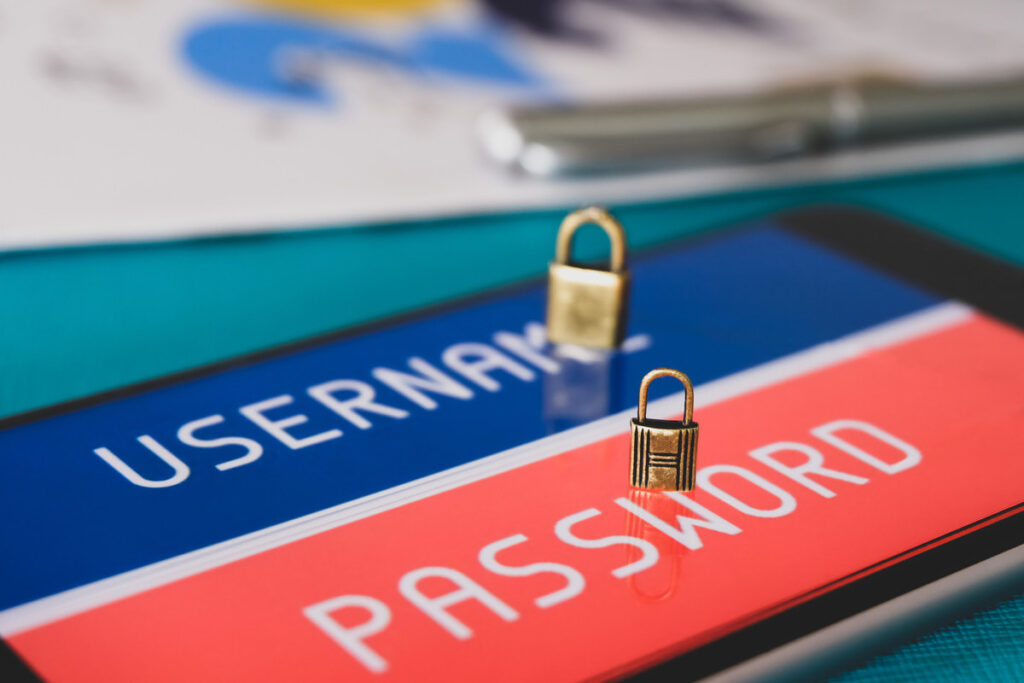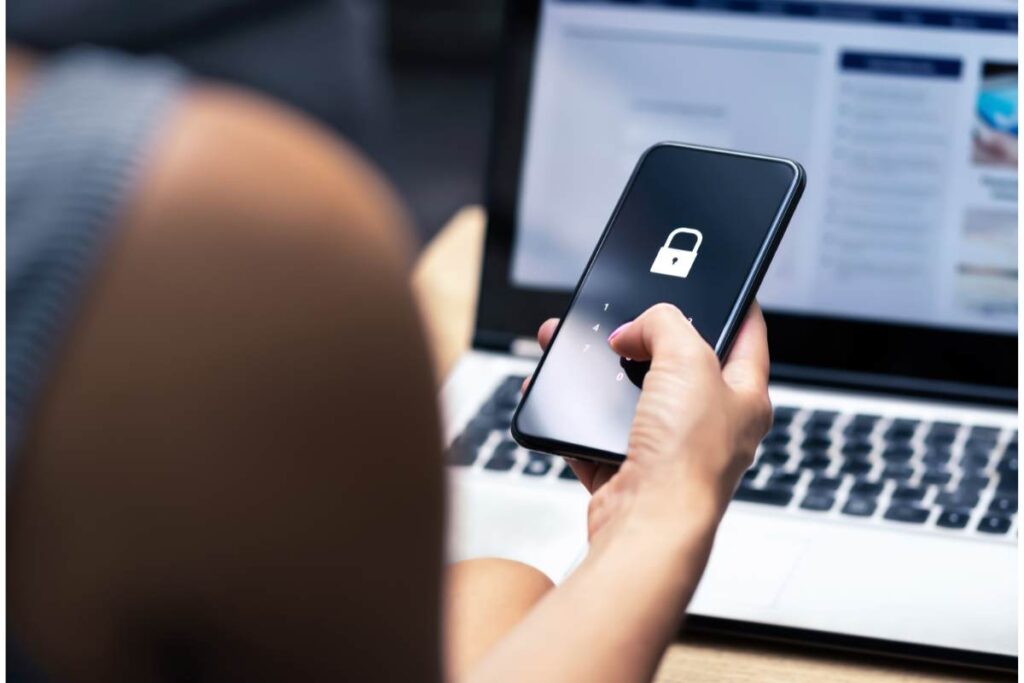Essential Social Media Cybersecurity Tips to Safeguard Your Online Presence

It can be used to share knowledge, build relationships, and promote lies and hatred. Communities and relationships can be strengthened through it but can also be destroyed.
It’s critical to recognize the risks associated with social media as our reliance on it grows and to take precautions to keep ourselves safe.
The following advice will help you stay secure on social media:
- Be aware of what you’re sharing: Consider it before posting anything on social media. It can be quite challenging to take something down once it’s online. Don’t share anything online that you wouldn’t share in person.
- Know who you share with. Use caution when adding people to social media. Add only those you know and believe in. Accepting their request is only advised if you are sure.
- Be mindful of the links you select: Avoid clicking on links from sources you don’t know or trust. Additionally, be wary of any links you click, as they can take you to a harmful website.
- Pay attention to what you’re downloading. Avoid downloading from strangers or unreliable sources. And be wary of any downloads you make because they can be infected with malware.
- Be conscious of your privacy settings: Check your social media account’s privacy settings to ensure you only share information with those you feel safe.
- Be looking for scammers: Social media is a scam hotbed. Any offers that appear too good to be true, requests for personal information, or links that take you to unorthodox websites should all be avoided.
- Remember that what you share on social media may be seen by many people in the present and the future. Consider carefully the impression you’re giving off and the reputation you wish to build.
- Recognize the warning signs of cyberbullying: This issue is real, and individuals who engage in it may face severe repercussions. Be on the lookout for indications of cyberbullying and report any abusive conduct you observe.
Following these suggestions, you can defend your online reputation and shield yourself from cyber attacks.
Ten Crucial Social Media Cybersecurity Tips
- Create unique, strong passwords for each account: never reuse them. Strong passwords are essential for your online security. A password should never be used for multiple accounts.
- Use caution while clicking: only click on links from reliable sources. Links can take you to phishing websites or other harmful websites. Before clicking any links, exercise caution and confirm the sender’s identity.
- Maintain an updated operating system and software: Update your software and operating system frequently to fix security flaws and fend off online dangers.
- Whenever possible, use two-factor authentication: When logging into your accounts, enable two-factor authentication for an additional layer of security.
- Don’t share personal information online: Avoid posting private information on social media, especially if it involves your address, phone number, or finances.
- Be on the lookout for phishing scams: Be wary of emails or messages that request login credentials or personal information. Such information won’t be requested through unsolicited texts by trustworthy businesses.
- Avoid downloading files from untrusted sites or clicking on ads: Ads or downloads from unreliable sources should be avoided since they can contain malware.
- Use a virtual private network (VPN) to access public Wi-Fi to encrypt your data and safeguard your online activity.
- Regularly backup your crucial files and data to a cloud-based storage service or an external source.
- Be careful what you share on social media because it could have long-term repercussions. Think before you put anything online. Don’t provide any information that can jeopardize your security or privacy.
While these recommendations can aid in defending you against potential online dangers, keeping your online security requires constant awareness and vigilance. Since no security solution is infallible, keeping up with the most recent dangers and taking the appropriate precautions is essential.
Be mindful of the dangers.
The internet is a fantastic environment. It is a huge and constantly developing panorama of knowledge and possibility. However, it also serves as a hangout for criminals.
Social media is a target for cybercriminals constantly seeking new methods to take advantage of flaws and steal sensitive data. A recent survey found that approximately 60% of social media users had been the victim of cybercrime, and the percentage is steadily growing.
What, then, can you do to safeguard yourself?
Here are three cybersecurity recommendations for social media:
- Recognize the risks: This may seem obvious, but it’s crucial to remember that social media is not a haven. Sharing personal information online carries significant risks. Consider how everything you post could be used against you before you publish it. Is there anything you wouldn’t want your parents or boss to see there? Do not post it if so.
- Maintain account security: Keeping your social media accounts safe is one of the finest strategies to defend against online crooks. When possible, establish two-factor authentication and use secure passwords. Thanks to these precautions, criminals will find it much more difficult to access their accounts.
- Use caution while clicking: Sharing links to nefarious websites is among the most popular ways fraudsters take advantage of social media users. You should only click on a link if it is secure. Avoid clicking if you’re unsure and err on the side of caution.
You can help defend yourself against the growing threat of cybercrime by adhering to these social media cybersecurity measures.

Be discreet with your sensitive details.
Social media has taken over a significant portion of our life. We use it to communicate with loved ones, share information and images, and keep up with current events. Social media can be useful and entertaining, but it’s vital to remember that it can also be a source of information leakage.
Keep your personal information secret on social media because of this. You can defend yourself against identity theft, cyberstalking, and other types of online harassment by doing this.
Here are some pointers to help you safeguard your data on social media:
- Use privacy settings: To limit who may view your posts and information. Most social media platforms include privacy settings that you can use. Use these settings to your advantage to help protect the privacy of your information.
- Use caution when posting: Remember that anything you write on social media becomes public knowledge. It implies that anyone in your tiny network of friends can spread the knowledge you share with them. Therefore, be cautious about what you publish and give anything that could be used to harm you or your family a second thought before sharing it.
- Protect the confidentiality of your passwords: If someone discovers your social media login credentials, they might access your account and all your data. Therefore, be careful to keep your credentials private.
- Don’t friend or follow strangers: There’s no reason to friend or follow someone on social media if you don’t know them. If you do this, you can expose yourself to identity theft or other internet abuse.
- Use two-factor authentication: Several social networking sites offer additional security for your account. Activate this function if you can to protect your account from hackers.
Following these suggestions, you can keep your personal information private on social media.
Be careful when clicking on links.
We are constantly inundated with links to click on in the social media world. We frequently click without giving it much thought, whether a buddy is posting a hilarious meme or a news source is providing a breaking report. We should exercise greater caution when selecting links to click on, though.
Cybercriminals use social media to disseminate dangerous links that might steal our personal information or infect our machines with malware. Therefore, how can we defend ourselves?
Here are a few advice:
- If you don’t know the sender of a direct message, be wary of any links sent to you.
- Refrain from clicking on links shared in comments on social media posts. Spammers or bots frequently leave these.
- Hover your cursor over a link to see where it will lead you if you need clarification. Don’t click on a URL if it seems fishy.
- Set up and maintain an up-to-date security program on your computer. You will be more secure from malware thanks to this.
- Maintain the privacy of your social media accounts and only accept you may receive friend or follower requests from people you know.
Following these easy suggestions, you can protect yourself from clicking on dangerous links. Always remember that if an offer appears too good to be true, it generally is. You can be safe online if you are vigilant about the links you click.






